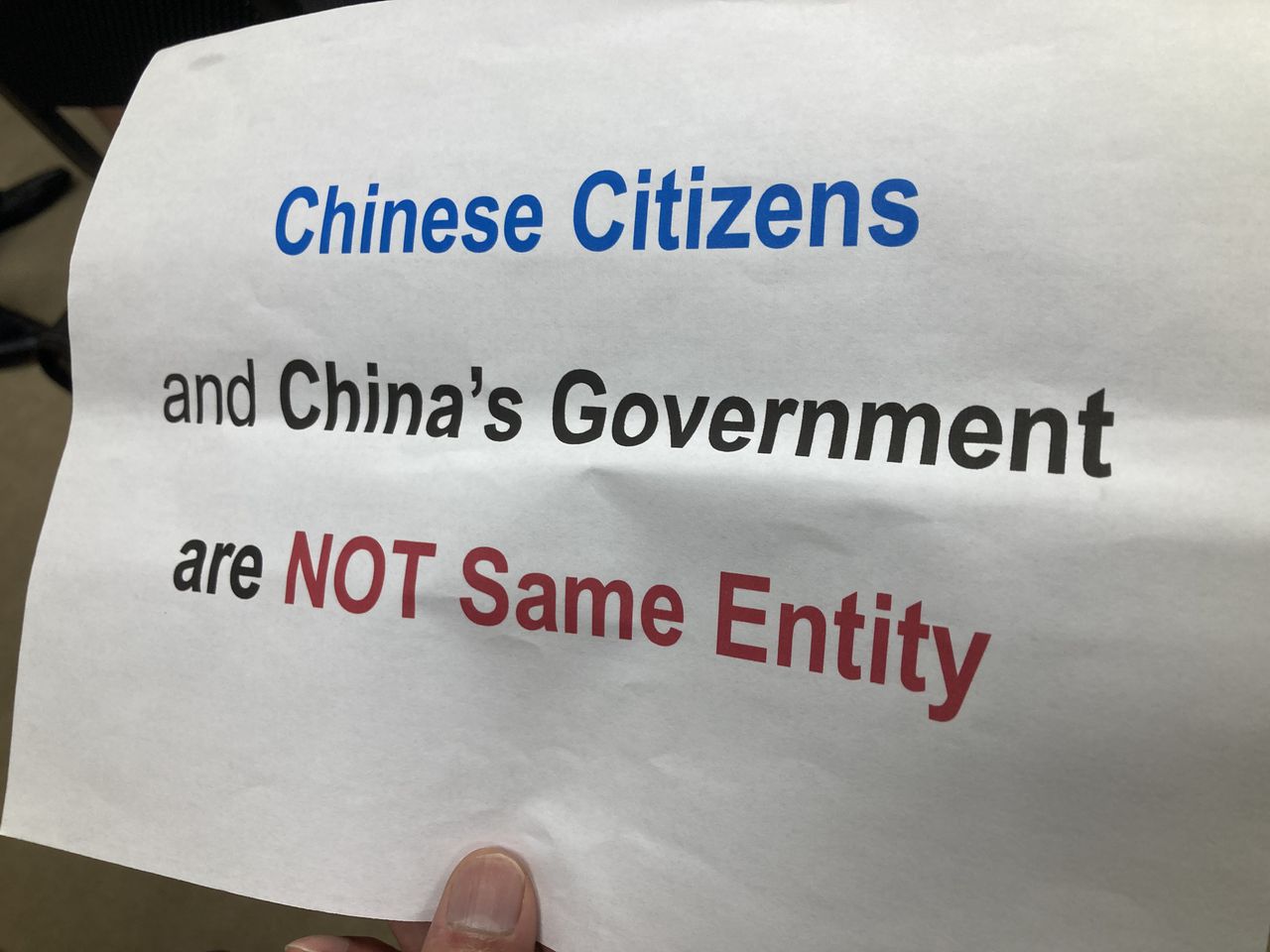Senate passes land bill no longer aimed at Chinese in Alabama
The state Senate has passed a rewritten bill that in its original form caused alarm because it would have banned Chinese citizens from buying property in Alabama, a ban that would have applied to many people living and working in the state, preventing them from buying a home.
That ban on property ownership by individuals is not part of the rewritten bill, which would prohibit certain foreign governments from buying land used for agriculture or forestry and land within 10 miles of military bases and critical infrastructure like power plants, refineries, seaports, and airports. Those countries include China, Iran, North Korea, Russia, and any “country, or government identified on any sanctions list of the United State Department of the Treasury’s Office of Foreign Assets Control.”
HB379, by Rep. Scott Stadthagen, R-Hartselle, passed the Senate 26-7 today, with most Republicans supporting the bill and most of the Democrats voting no. It goes back to the House, which would have to agree with the extensive changes for the bill to get final passage.
Sen. David Sessions, a Republican from Mobile County, handled the bill on the Senate floor today after introducing the new version at a public hearing on Wednesday that drew an overflow crowd to a State House committee room.
“My intent is to protect our agriculture, natural resources,” Sessions said. “Food to me is part of national security. I feel like we need to protect those fertile fields that are producing food for our citizens.”
Alabamians of Chinese descent who spoke at Wednesday’s hearing said the original bill was racist, discriminatory, and failed to recognize their contributions to medical care, education, business, churches, and organizations that benefit their communities. They said the legislation caused fear and panic, including among those whose goal is to become American citizens and see their children and grandchildren grow up here.
Sen. Bobby Singleton, D-Greensboro, said he was surprised to hear from many Chinese Alabamians in his district. Singleton met with them on a Zoom call and later worked with Sessions to revise the bill.
“They shared their concerns with me,” Singleton said. “As a Black man in this country, I understand what it feels like to be discriminated against.”
“We’re all a big melting pot,” Singleton told Sessions, who agreed. “All of us are from somewhere. I want to applaud you for narrowing this this down where it didn’t cast this wide net.”
Rep. Merika Coleman, D-Pleasant Grove, said two Alabamians of Chinese descent who work for a company that processes Alabama white marble came to her office to express their concerns about HB379. They told her the bill made them feel unwelcomed in the state they consider home. Coleman said the original bill was an example of one that carried unintended consequences, which she said is a recurring problem with legislation over the last decade or so.
“While somebody is trying to make a political statement, that original version of the bill could detrimentally impact Alabamians,” Coleman said.
“I’m hoping that legislation moving forward that we think about people, not just politics,” Coleman said.
